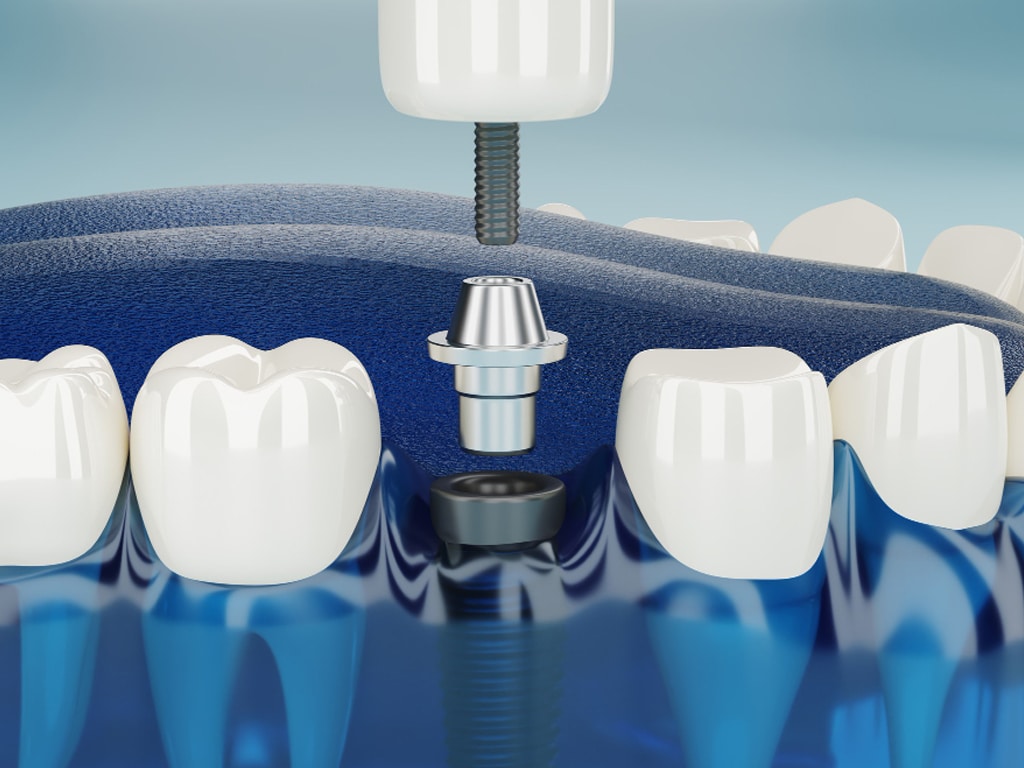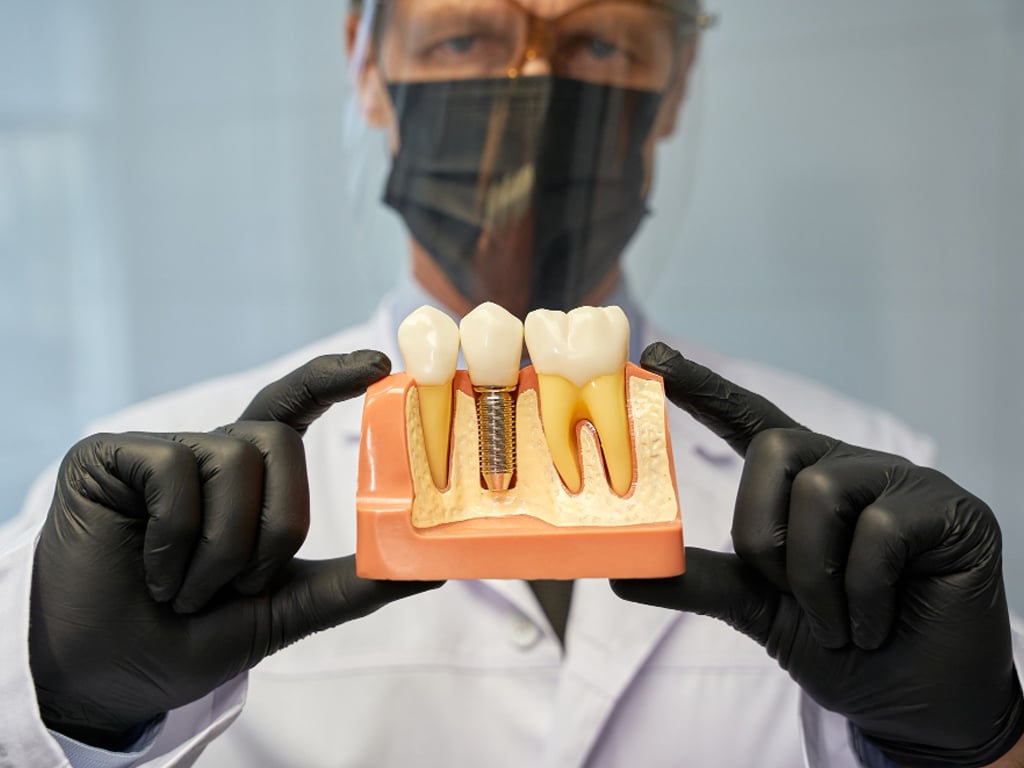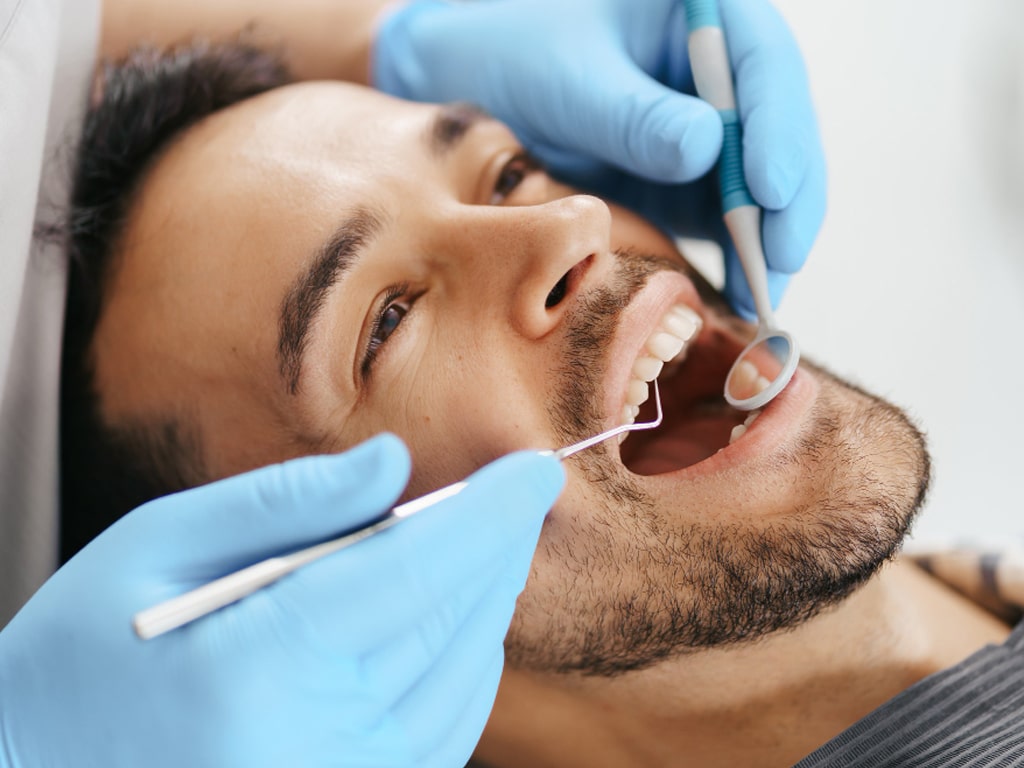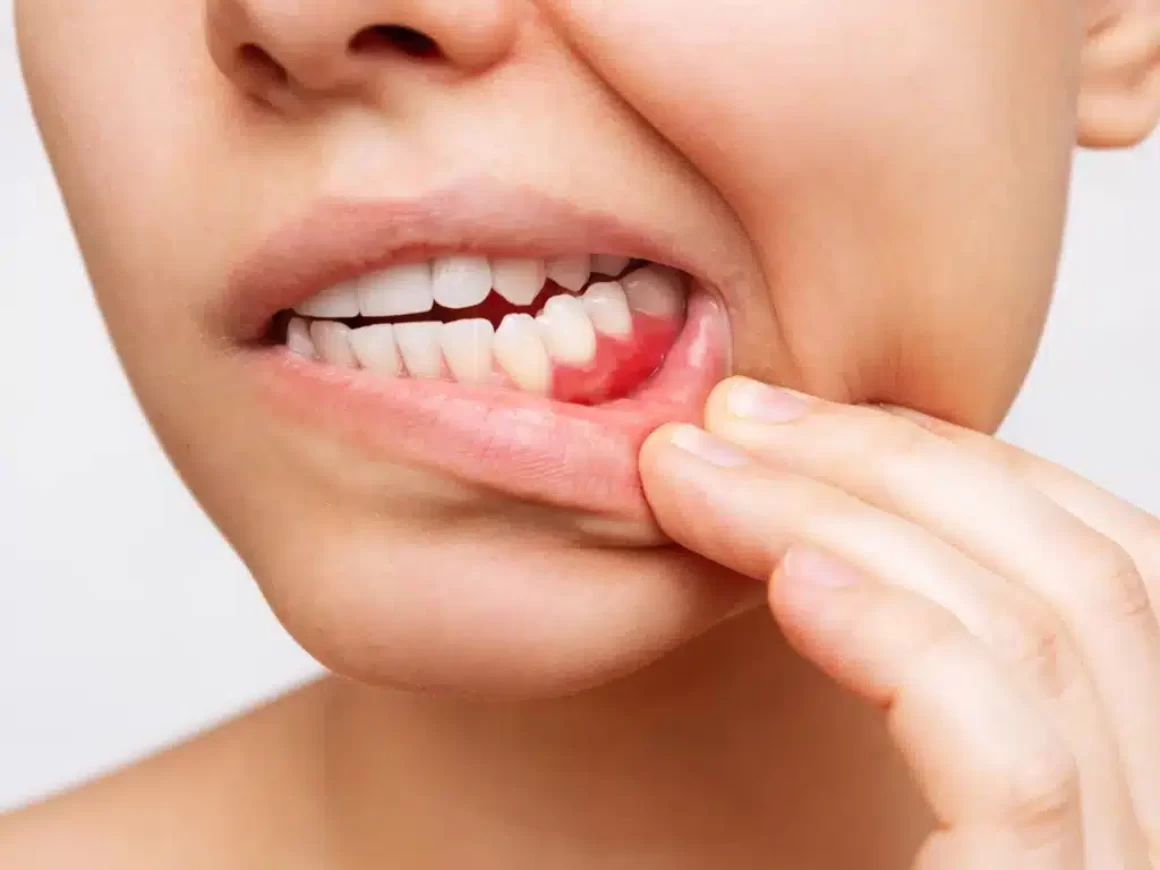Amid the serene landscapes of Ontario, an unseen adversary lays siege to the oral health of its residents. The gums problem, a prevalent but preventable condition, silently affects a significant portion of the population, posing risks not only to oral health but to overall well-being. With a proactive approach, however, Ontarians can fortify their defences, turning the tide against this encroaching threat.
Introduction:
The lush greenery of Ontario’s forests is mirrored in the healthy gums of its vigilant denizens. Yet, beneath this veneer of health, gums problem lurks as a pervasive issue. Periodontal disease, ranging from simple gum inflammation to major damage to soft tissue and bone, can lead to tooth loss and is linked to other chronic conditions. This article serves as a clarion call, rallying Ontarians to the cause of combating gums problem through effective strategies and diligent practices.
1. Early Detection is Key
The battle against gums problem begins with awareness and early detection. Frequent dental check-ups are instrumental, but knowing what to look for can save you from advanced complications.
- Look for signs such as swollen, red, or tender gums.
- Bleeding gums during brushing or flossing is a red flag.
- Bad breath or a bad taste in the mouth can indicate gums problem.
- Make note of any receding gums or teeth that appear longer.
- Loose or shifting teeth are late-stage symptoms.
- A change in the way your teeth fit together when you bite could be a warning sign.
2. Regular Professional Cleaning
Professional cleanings are not just about keeping your smile bright; they’re a fundamental weapon in your gums problem-fighting arsenal.
- Schedule bi-annual dental cleanings to remove plaque and tartar.
- Consider deep cleanings (scaling and root planing) if advised by your dentist.
- Ask your dental hygienist for personalized oral hygiene tips.
- Utilize dental cleaning as an opportunity for early detection.
- Clear buildup from hard-to-reach areas that regular brushing can miss.
- Dental professionals can apply fluoride or antimicrobial treatments if necessary.
- Inquire about signs of gums problems to watch for between visits.
3. Master the Art of Brushing and Flossing
Proper oral hygiene is your daily defence against gums problem. Mastering the technique can make a significant difference.
- Brush twice daily with fluoride toothpaste.
- Use a soft-bristled brush to avoid damaging gum tissue.
- Consider an electric toothbrush for efficient plaque removal.
- Floss at least once a day to dislodge plaque between teeth.
- Be gentle to avoid harming the gum tissue.
- Rinse with an antimicrobial mouthwash to reduce bacteria.
- Replace your toothbrush every three to four months or sooner if the bristles fray.
4. Nutrition and Gum Health
Your diet plays an essential role in the integrity of your gums. Foods rich in vitamins and nutrients support gum tissue health and help combat infection.
- Increase your intake of vitamin C-rich foods to strengthen your gums.
- Eat calcium-fortified foods to promote strong teeth and jawbones.
- Avoid sugary snacks that fuel the bacteria causing gums problem.
- Choose water over acidic or sugary beverages.
- Crunchy fruits and vegetables can help clean teeth naturally.
- Foods with omega-3 fatty acids may reduce inflammation.
- Integrate antioxidant-rich foods to boost gum tissue repair.
5. Tobacco Cessation
Smoking is a known enemy of oral health, significantly increasing the risk of gums problem.
- Quit smoking to improve your gum health and overall health.
- Avoid all forms of tobacco, including chewing tobacco.
- Seek support from cessation programs or support groups.
- Consult your healthcare provider for nicotine replacement therapies.
- Remember, even smokeless tobacco products harm your gums.
- Take advantage of free online resources and apps designed to help quit smoking.
- Engage in stress-reduction activities to replace the habit.
6. Manage Existing Health Conditions
Certain health conditions, such as diabetes, can exacerbate gums problem. Managing these conditions is critical.
- Follow your doctor’s advice to keep conditions like diabetes under control.
- Monitor your blood sugar levels closely if diabetic.
- Inform your dentist about any medications or health changes.
- Understand how your health conditions affect your gum health.
- Keep all healthcare providers informed of your oral health status.
- Regular medical check-ups can identify issues that may impact gum health.
- Follow a holistic health approach, understanding the connection between oral health and general health.
7. Stress Reduction
Stress can have a surprising impact on your gums, affecting the body’s ability to fight infection, including periodontal diseases.
- Practice relaxation techniques such as meditation or deep breathing.
- Regular physical activity can help reduce stress and its effects on the body.
- Ensure adequate sleep to support your immune system.
- Engage in hobbies or activities that promote relaxation.
- Consider counselling or therapy to manage chronic stress.
- Time management can reduce lifestyle stress, indirectly benefiting gum health.
- Laughing and positive social interactions can also bolster your immune defence.
8. Hormonal Changes and Gum Health
For women, hormonal fluctuations during various life stages can make gums more susceptible to disease.
- Be vigilant about oral hygiene during menstruation, pregnancy, and menopause.
- Inform your dentist if you are pregnant, as you may require more frequent cleanings.
- Use gentler oral hygiene products if you experience increased gum sensitivity.
- Monitor any changes in gum health and report them to your dentist.
- Discuss with your healthcare provider how hormonal contraceptives might impact gum health.
- Understand that menopause can bring changes in oral health and seek advice accordingly.
- Regularly update your dentist about any hormonal treatments you’re undergoing.
9. Avoid Grinding and Clenching
Teeth grinding and clenching can damage gum tissue and supporting bone, exacerbating gums problem.
- Ask your dentist about a custom nightguard to protect your teeth and gums.
- Practice stress-reduction techniques since stress often triggers grinding.
- Be mindful of clenching during the day and consciously relax your jaw.
- Seek treatment for any underlying issues, such as sleep apnea, which can be related to grinding.
- Get regular dental check-ups to monitor the effects of grinding.
- Consider physical therapy or exercises to reduce muscle tension in the jaw.
- Discuss with your dentist the possibility of correcting misaligned teeth that may contribute to grinding.
10. Community and Education
Education and community action play vital roles in combating gums problem at a broader level.
- Participate in local health fairs and free dental check-up events.
- Share information about gums problem with friends and family.
- Schools should include oral health education in their curriculum.
- Local dental professionals can offer seminars on gum health.
- Support legislation that promotes public oral health initiatives.
- Volunteer or donate to organizations that provide dental services to underserved communities.
- Encourage workplaces to provide resources on oral health.
Conclusion:
The war against the gums problem is fought on the front lines of daily habits and lifestyle choices. Ontarians, equipped with the proper knowledge and tools, can maintain strong fortifications against this pervasive condition. By adopting these practices and fostering an environment of awareness and support, the province’s residents can ensure that their smiles remain as vibrant and robust as Ontario’s natural beauty.
Don’t wait until the gums problem compromises your oral health. Take action today!
Name: Findlay Creek Family Dental
Address: 4100 Albion Road, Ottawa, ON
Phone: 613-822-1500
Email: info@findlaycreekfamilydental.com
Website: Findlay Creek Family Dental.
Together, we can help safeguard your gums and ensure a lifetime of healthy smiles.
“Fortify Your Smile – Defend Your Gums with Findlay Creek Family Dental.”
FAQ
-
A1: It’s recommended to have a dental check-up and cleaning at least twice a year. However, your dentist may suggest more frequent visits depending on your specific needs.





